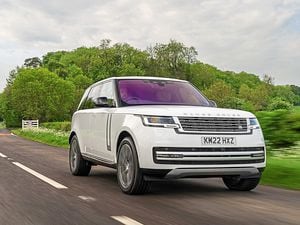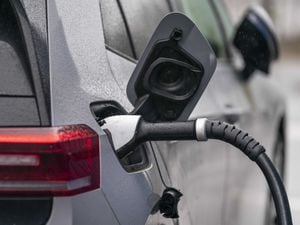Abarth conducts facial recognition tests to monitor in-car emotions
Performance car brand worked with Loughborough University on the tests.

Abarth has used facial recognition technology to ‘better understand the emotions’ of the driver and passengers in its cars.
Working alongside Loughborough University, the performance car brand carried out the experiment with its F595, 595 Essesse and 595 Competizione models. Participants were put through a number of driving challenges at Mallory Park, Leicestershire, including hot laps and precision driving tasks.
The results showed that the ‘most prominent’ emotion experienced during the test was happiness, both by driver and passenger.

However, when participants were taken around the circuit by professional drivers who could push the car to its limits, participants experienced short bursts of fear and shock, as well as happiness as before.
The facial recognition technology was used in conjunction with heart rate sensors which allowed the test’s organisers to accurately detect a variety of emotions in those included in the study.

Dr Dale Esliger at Loughborough University, who led the trial, said: “The constellation of biometric equipment that we used allowed us to accurately detect an array of emotions that were experienced when driver’s and passenger’s get into an Abarth, while detecting the most prominent emotion during the respective driving activities.
“Research within this remit is limited, however, I suspect it will be an area within the automotive industry that will continue to be explored, as manufacturers strive to improve the driving experiences of their cars.”
This recent test follows on from another study by Abarth and Loughborough University which found that driving on a circuit had a more positive impact on a person’s mood than a visit to the gym. It found that people were 20 per cent happier when taking on a precision driving circuit when compared with a gym workout consisting of cardio and weights sessions.





